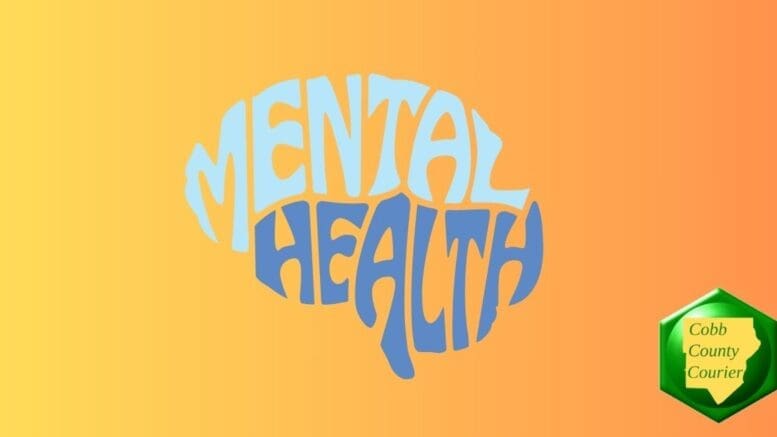By Melanie Dallas, LPC
I thought a lot about what the title of this column would be. One of my ideas, the one I obviously didn’t choose, was “We all have lived experience.” With May being Mental Health Awareness Month, I wanted to acknowledge the fact that almost all of us will face a mental health struggle at some point in our lives.
This is not to say we will all have a diagnosable mental illness, but that there are a lot circumstances that can leave us unhappy, angry, anxious or even traumatized. Think about your own life experiences – the loss of a loved one, the end of a marriage or an important friendship, even the loss of a job can cause grief, and in some cases trauma. And while grief and trauma are not mental illnesses themselves, they can be symptoms of, or risk factors for, mental illness.
I know I often cite the National Alliance on Mental Illness’s (NAMI) statistic that one in five people will have a mental illness in their lifetime. That translates to about 60 million people a year. Of course, not everyone with mental illness receives a diagnosis; in fact, some people struggle with mental illness for years without realizing what it is. Which all leads back to my first point – we all have lived experience.
But in this column I want to acknowledge those individuals who use their lived experience to help others – those special individuals who live with a diagnosed mental health condition or substance use disorder, who have achieved recovery, and are now Certified Peer Specialists. According to the Department of Behavioral Health and Developmental Disabilities:
“A Certified Peer Specialist (CPS) is an individual who is trained and certified to provide ongoing support to individuals and their families receiving mental health and/or substance use recovery supports and services. A critical role of the CPS is willingness to self-identify their lived experience, using it as a tool for helping others in developing recovery goals and specific steps to reach those goals.”
Again, think about your own experience – at a time when you were grieving or facing other challenges, it was probably helpful to have a friend or family member say, “I know how you feel, I’ve been there myself, and here are some things I did that might help you.” Knowing that someone else understands how you feel and was able to overcome the same challenges can give you hope. Equally important, like the paragraph above says, peers help others develop recovery goals and specific steps to reach them. Peers provide hope, action, and recovery – and that is why they are invaluable.
At Highland Rivers, we employ peer specialists throughout our agency. We have Certified Peer Specialists who lead peer support groups at several of clinics, but also have peers in our substance use programs, community-based programs, and Veterans programs. In addition, we have staff who are Certified Peer Specialists in several positions where the job does not specifically require a CPS, but where lived experience is an important complement to the work. For example, a CPS works in our high utilization management program, as well as in our supportive housing program. We have several that work in our crisis units.
Ultimately, while we might wish we didn’t have to face challenges in our lives, lived experience can be good – it is an opportunity to learn, and helps us be more compassionate towards others who might struggle. So I want to salute those who have taken their lived experience and made it part of who they are and what they do – those individuals who live with a mental health or substance use diagnosis, who have worked hard to achieve recovery, and are now working in jobs where that lived experience is not only helping others, but giving them hope, and showing them that recovery is always possible.
Melanie Dallas is a licensed professional counselor and CEO of Highland Rivers Behavioral Health, which provides treatment and recovery services for individuals with mental illness, substance use disorders, and intellectual and developmental disabilities in a 13-county region of northwest Georgia that includes Bartow, Cherokee, Cobb, Floyd, Fannin, Gilmer, Gordon, Haralson, Murray, Paulding, Pickens, Polk and Whitfield counties.
